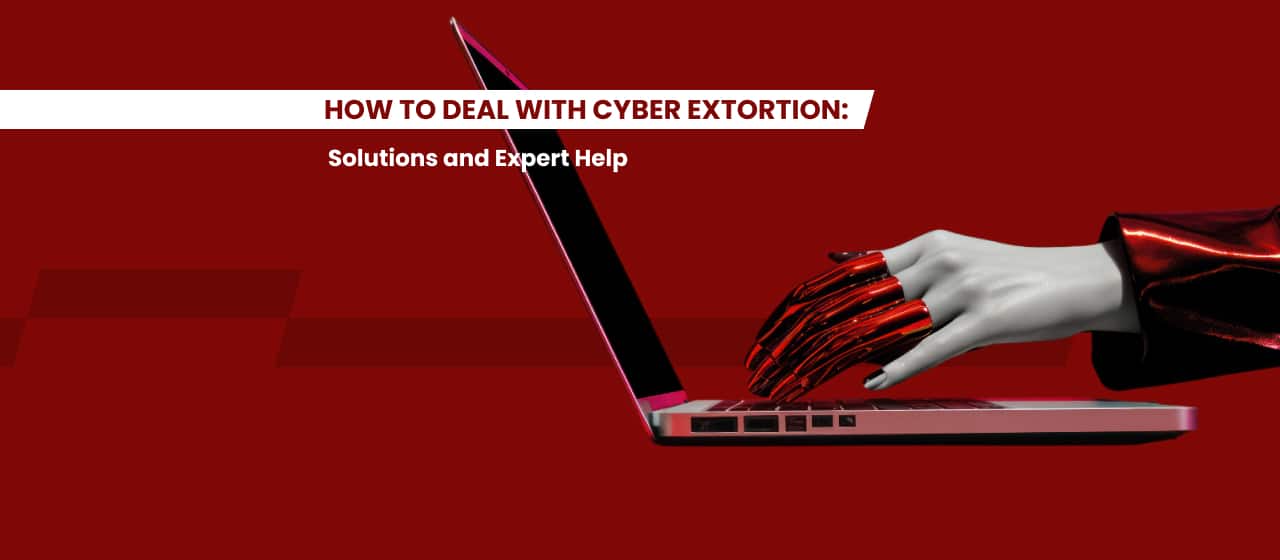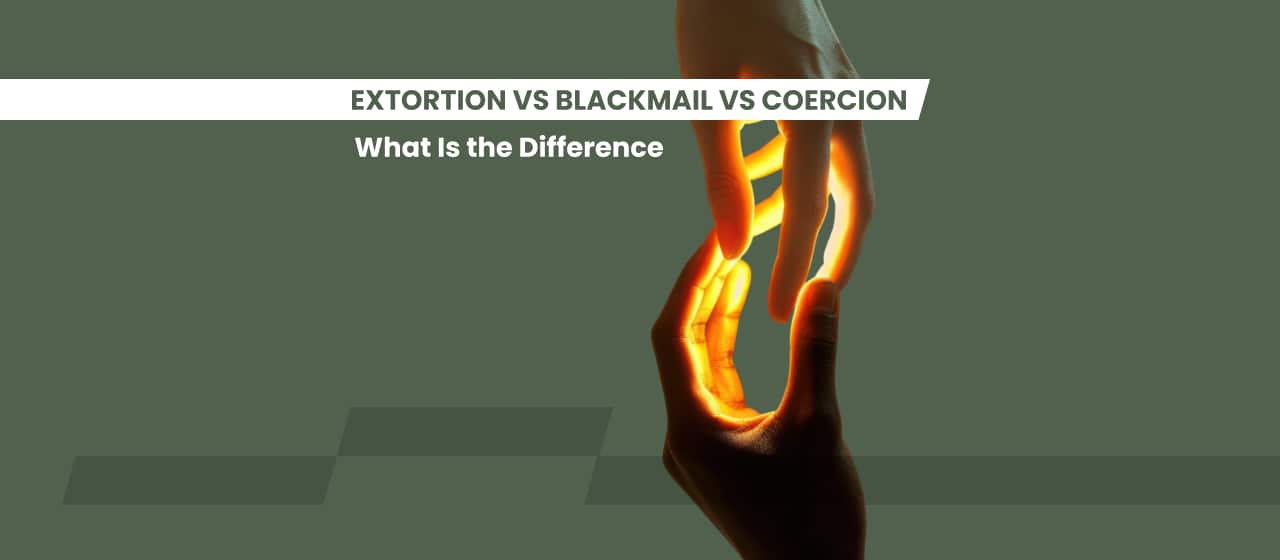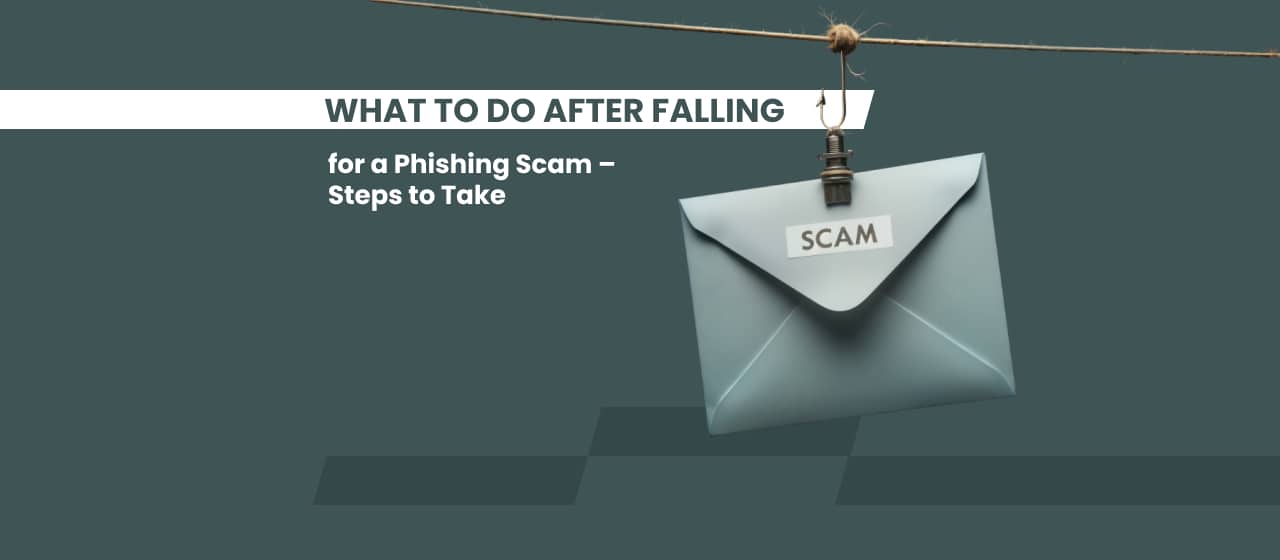Blackmail, a term often used interchangeably with extortion, is a crime that many people have heard about, yet few truly understand. Simply put, blackmail occurs when one party compels or threatens another to deliver money or property under the threat of harm. This harm could be physical, reputational, or emotional. In this article, we delve into the legality of blackmail in New York, exploring the specific laws that govern it and the potential consequences for those convicted.
Is blackmailing illegal in NY? Yes, according to New York Penal Law 155.05(2)(e), the legal term for blackmail is extortion. Extortion is defined as compelling or intimidating an individual to part with their property through fear or coercion. This could take the form of threats of violence, damaging property, or revealing embarrassing or damaging information about the victim.
What forms of blackmail are illegal?
Blackmail, in its various forms, is considered illegal in many jurisdictions, often carrying punitive sanctions for convicted perpetrators. It primarily involves the use of sensitive information to obtain something from another person, usually money or goods. This can include threats of action or defamation, which are also categorized under related crimes such as extortion and coercion12.
Can someone go to jail for trying to blackmail you?
In New York, blackmail and extortion are considered serious crimes. Stephen Bilkis, a New York criminal lawyer with over 100 years of combined legal experience in his firm, explains that these offenses fall under the category of grand larceny. This means that if a person commits extortion by demanding money or property through threats, they could be charged with grand larceny, a felony offense that carries hefty penalties.
The Hobbs Act, a federal law, also plays a role in cases of extortion that affect interstate or foreign commerce. This includes threats issued via email or other digital means, broadening the definition of extortion to include modern forms of communication.
But what does this mean for individuals accused of such crimes? As explained by the theft defense lawyers at Bederow Law, conviction of extortion or blackmail can lead to severe federal and state penalties. These can range from hefty fines to long-term imprisonment, depending on the severity of the crime and the value of the property involved.
What should you do if someone is blackmailing you online?
If you find yourself a victim and wondering how to deal with blackmail, it’s crucial to take immediate action. Firstly, do not engage or negotiate with the blackmailer. Instead, document all interactions by taking screenshots or saving emails and messages as evidence. Report the incident to your local law enforcement agency and file a complaint with the FBI’s Internet Crime Complaint Center (IC3).
If the blackmail involves explicit images or threats of physical harm, contact the Cyber Civil Rights Initiative or the National Domestic Violence Hotline for additional assistance. It’s also recommended to inform the platform where the blackmail occurred about the situation. If you’re feeling overwhelmed, consider seeking support from friends, family, or professional counselors. Lastly, consult with a lawyer who specializes in cybercrime to understand your legal options and ensure your rights are protected.
Conclusion
To conclude, while the terms blackmail and extortion are often used interchangeably, they represent a serious crime under New York law. If you or someone you know is facing such accusations, it’s essential to understand the gravity of the situation and seek professional help promptly. Report the crime to the authorities, blackmail helplines, and cyber security experts. You’re not in this alone; get help today.







